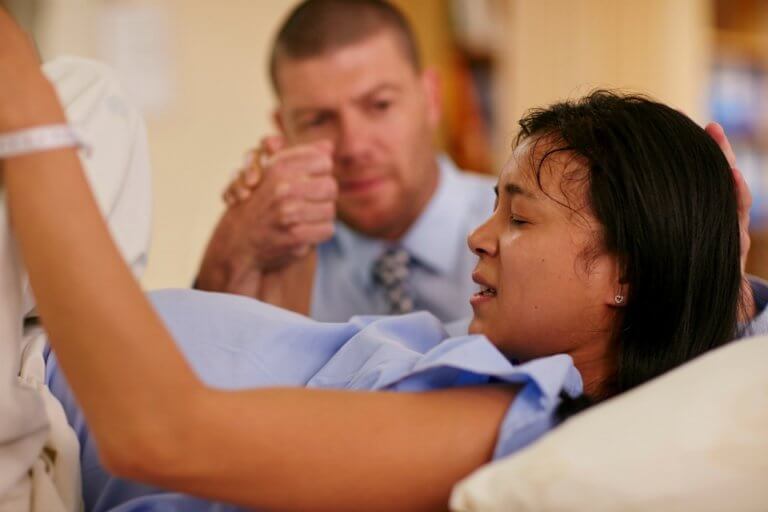10 pregnancy red flags experts say you SHOULDN’T ignore
Pregnancy makes changes to your body that may seem very alien. But while these changes are fine for the most part, there are some symptoms that medical experts urge you NOT to ignore.
Australian Obstetrician Alex Polyakov tells The Healthy Mummy: “Any sudden and unexpected changes should be reported to your doctor, Obstetrician or midwife.”
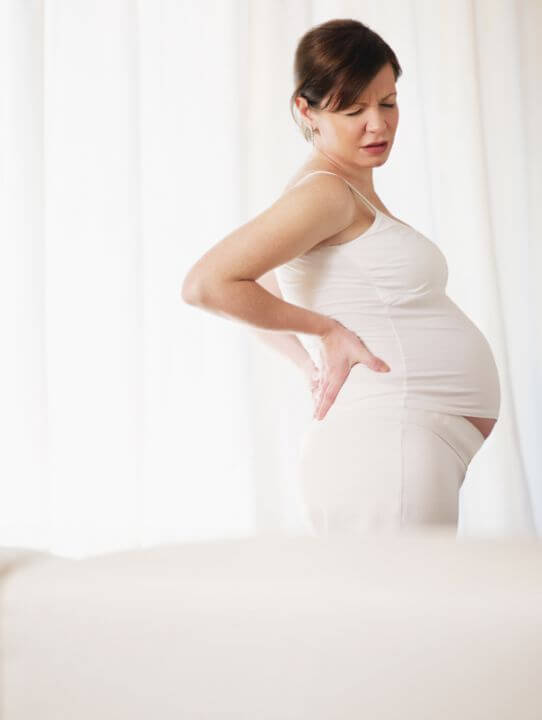
10 Red Flags You Shouldn’t Ignore
1. Abdominal pain or back pain
Cramping and constipation are normal, but you should see your GP straight away if you are experiencing sharp pain accompanied by fever, chills, heavy vaginal discharge and bleeding, says Dr. Alex.
2. Vaginal bleeding, especially fresh blood
It’s best to get it checked out regardless how heavy the bleeding is is. Spotting after sex may also be a sign that something is wrong.
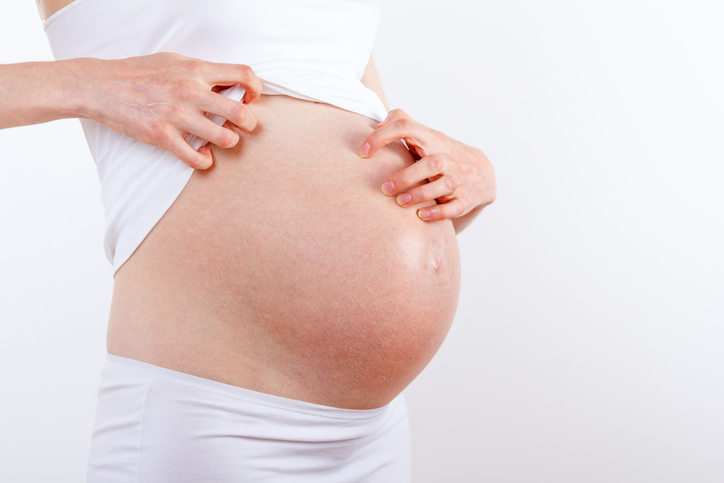
3. Itching – especially palms and soles
This may be a symptom of obstetric cholestasis, which is a rare liver disease.
4. Weakness of vision
While most vision changes are normal, blurriness may be a sign of gestational diabetes or high blood pressure.
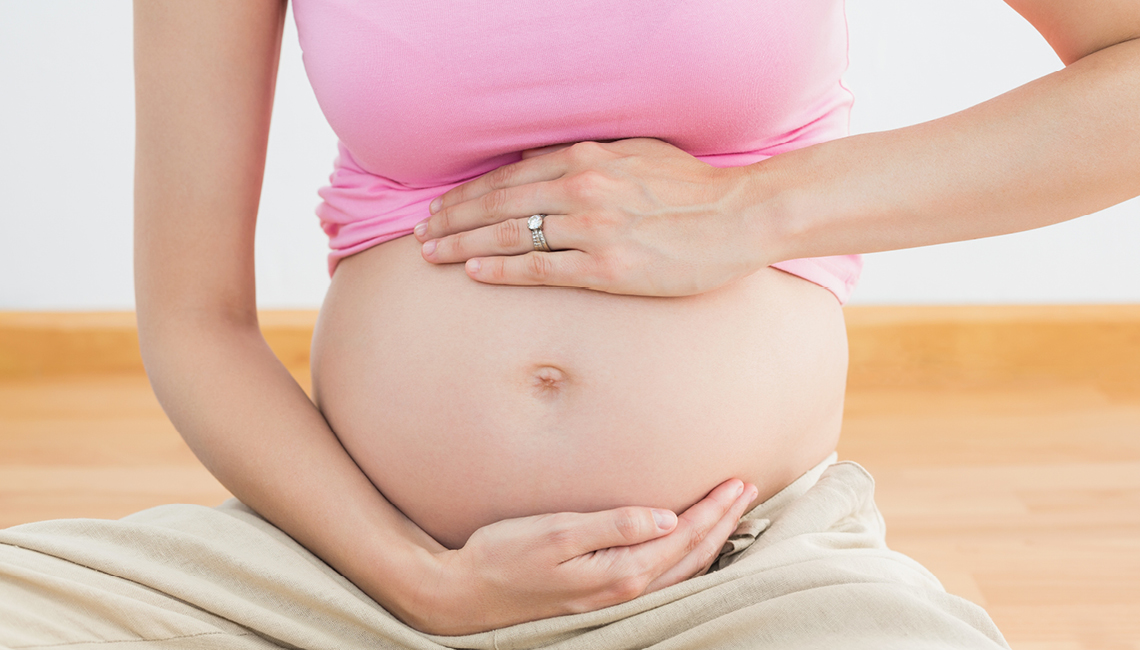
5. Your baby’s movement decreases significantly
“Decreased and especially absent baby’s movement is another circumstance which should be reported and assessed immediately,” says Dr. Alex.
If you notice your baby is kicking less than usual after the 28 week mark, the best thing to do is contact your caregiver immediately. They can advise on the best course of action.
6. Fever
Expectant mums could be in danger – along with their baby – if they are suffering from a high fever that won’t go away. If you have a temperature of over 38 degrees celsius, you should seek medical help.
7. Sudden swelling
When you are pregnant, you are expected to swell, but if your hands, face and legs swell unexpectedly then it may be a sign of preeclampsia.
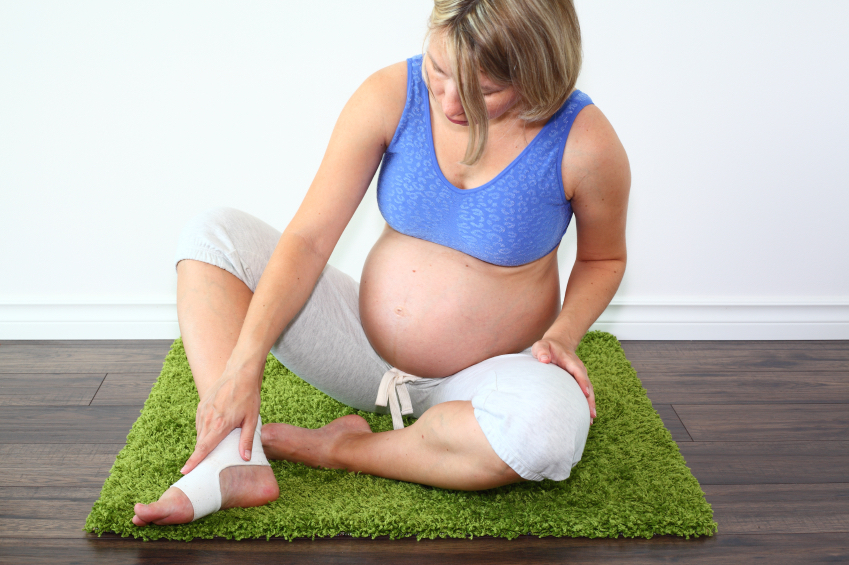
8. Shortness of breath
Again, this is quite normally when you are pregnant, but respiratory like pneumonia may be more dangerous when you are expecting.
9. Severe sickness
Most women suffer with pregnancy sickness but if you find yourself constantly throwing up during the second and last trimester, it may be a sign of hyperemesis gravidarum (severe vomiting, nausea and dehydration) – and some women are hospitalised for this.

10. Excess vaginal discharge
An increase in vaginal discharge – especially if it’s watery – after 37 weeks may indicate that you will be going into labour.
Dr. Alex adds: “Generally speaking any concern should be discussed with your obstetric provider in a timely fashion and expecting mothers should not hesitate to contact their doctors or midwife if they feel that something is not quite right with their pregnancy.”

